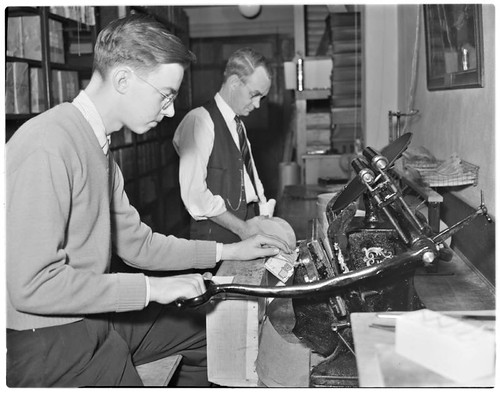None of this is really news. But what is new is that even some established writers are self-publishing. Newsweek reports:
Maybe Grisham isn’t a Lulu customer yet, but writer John Edgar Wideman (Philadelphia Fire) is. Wideman’s latest collection of short stories, Briefs, came out from Lulu this spring. In a traditional paperback publishing deal, the author keeps a mere 8 to 9 percent of royalties. Under most self-publishing agreements, authors keep 70 to 80 percent of their profits, with the remaining cut going to their distributor. “It’s an even playing field for the first time,” says J. A. Konrath, a thriller author (Whiskey Sour) who plans to release all his future novels as self-published Kindle books. “The gatekeepers have become who they should have been in the first place: the readers.”
Of course, democratizing the process—or making the readers into “gatekeepers,” as Konrath puts it—has its own drawbacks…
Further Reading:
- Steve Almond discusses why he self-published This Won’t Take But a Minute, Honey
- Harvard Bookstore owner Jeff Mayersohn explains why he installed an Espresso Book Machine


